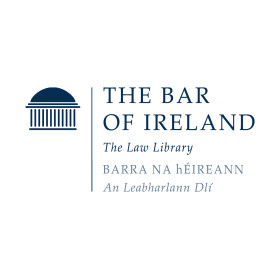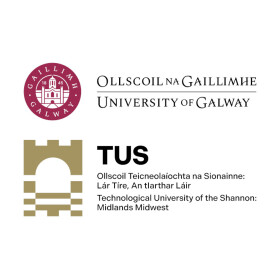The Court of Appeal has rejected the appeal of a man who assaulted and imprisoned an elderly man. Background
Sentencing
The maximum sentence for conspiracy to murder will be increased to life imprisonment under a new bill announced by the government. The Criminal Justice (Miscellaneous Provisions) Bill 2020 will, among other provisions, update the law to provide judges with the option of imposing a maximum sentence o
A sharp decline in the use of suspended sentences in Ireland may be down to sentencing courts failing to correctly apply two key principles, the Law Reform Commission has suggested. The law reform body's new report on suspended sentences recommends that the newly-established Sentencing Guidelines an
A new Law Reform Commission report on suspended sentences is due to be published on Monday, the law reform body has said. The report comes three years after the commission invited submissions on an issues paper concerning both the principles that apply to imposing suspended sentences and the procedu
Responses to the public consultation on sentencing policy will be published in August, Justice Minister Naomi Long has said. The public consultation was launched last October as part of the first review of sentencing policy in Northern Ireland since 2005.
The Court of Appeal has partially allowed an appeal, with regard to sentence, of a man who sexually abused two of his sisters. Background
Prisoner numbers continued to rise in Ireland last year, putting pressure on the penal system in areas including prisoner accommodation, the provision of services and the volume of prisoner escorts. The total number of prisoners in custody in 1 January 2019 was 3,904, which increased to a peak of 4,
The Court of Appeal in Belfast has clarified the circumstances in which an Enhanced Combination Order (ECO) can be imposed on sex offenders. In a recent judgment, Sir Declan Morgan, the Lord Chief Justice, found that two offenders who admitted sexual assault by penetration contrary to article 6(1) o
A six-and-a-half year prison sentence for a loyalist killer who became a "supergrass" after his arrest has been found unduly lenient by the Court of Appeal. However, UVF man Gary Haggarty will not return to prison as he was released and placed in a witness protection programme in May 2018, according
The Court of Appeal has increased the sentences of four men for armed robbery of a post office. The Director of Public Prosecutions sought a review of each of the sentences imposed on grounds of undue leniency pursuant to s.2 of the Criminal Justice Act 1993.
In a matrimonial rape case involving a pattern of abuse, threats to kill, and a violent attack with a hammer after the rape, the Supreme Court has set out the sentencing principles which must be observed when dealing with a pattern of violent and abusive behaviour. Finding that the Court of Appeal w
Alternative sentencing and policy approaches are needed to reduce the offending rate among young adults, the Irish Penal Reform Trust (IPRT) has said. Speaking ahead of a seminar on youth justice this afternoon, IPRT executive director Fíona Ní Chinnéide said young adults are mo
A public consultation on sentencing policy has been launched by the Department of Justice following a major review. The public consultation paper has been developed through extensive research of approaches to sentencing, and highlights issues raised during engagement with partner organisations and o
Prime Minister Boris Johnson has unveiled plans to "overhaul the criminal justice system" in England and Wales by reviewing sentencing policy, investing £2.5 billion in the construction of new prisons, and strengthening police stop-and-search powers. A review team reporting back to Mr Johnson
The Department of Justice received dozens of letters and emails last year calling for harsher punishment for criminals, usually prompted by media reporting on high-profile trials. The 80 messages, seen by The Irish Times, included calls for the introduction of unpaid prison labour, mandatory sentenc





















